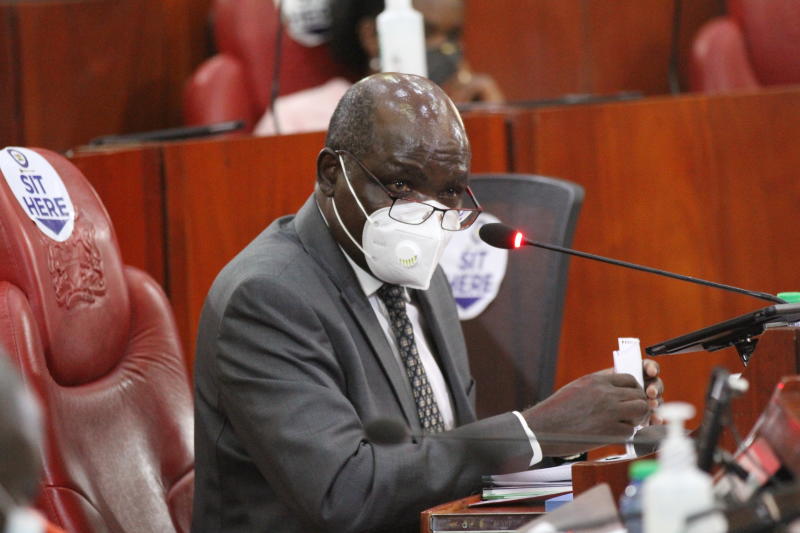
In his submissions before the joint committee of Parliament recently, IEBC Chairman Wafula Chebukati argued that in proposing creation of 70 constituencies the Constitutional Amendment Bill, 2020 goes against the Constitution, which bestows the commission with exclusive power of delimitation of boundaries. Should the Bill pass in its current form, it would be unconstitutional, he contended.
His stance is premised on the text of the Constitution, but it will prove challengeable on account of the doctrine of popular sovereignty should the Bill be approved in the upcoming referendum. Sovereignty denotes the right to have absolute and unlimited power either legal or political within the territory of State. Article 1 of the Constitution vests in the people of Kenya all sovereign power, which they can exercise directly or through their democratically elected representatives. Often, people donate this power to state organs including IEBC.






